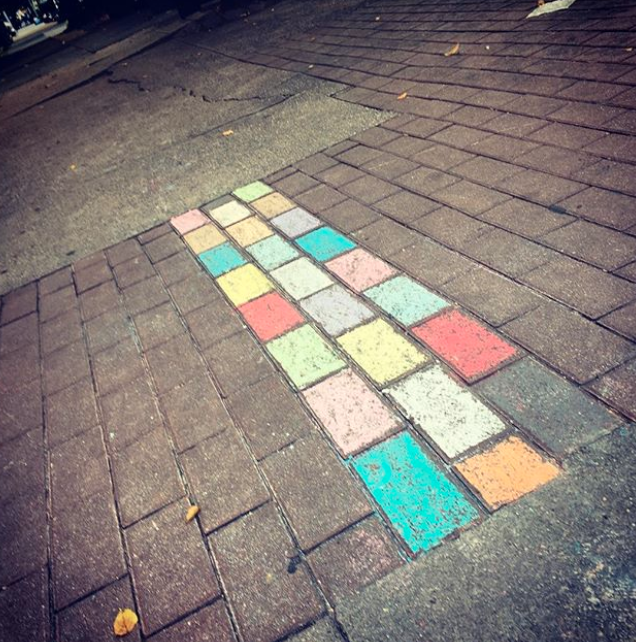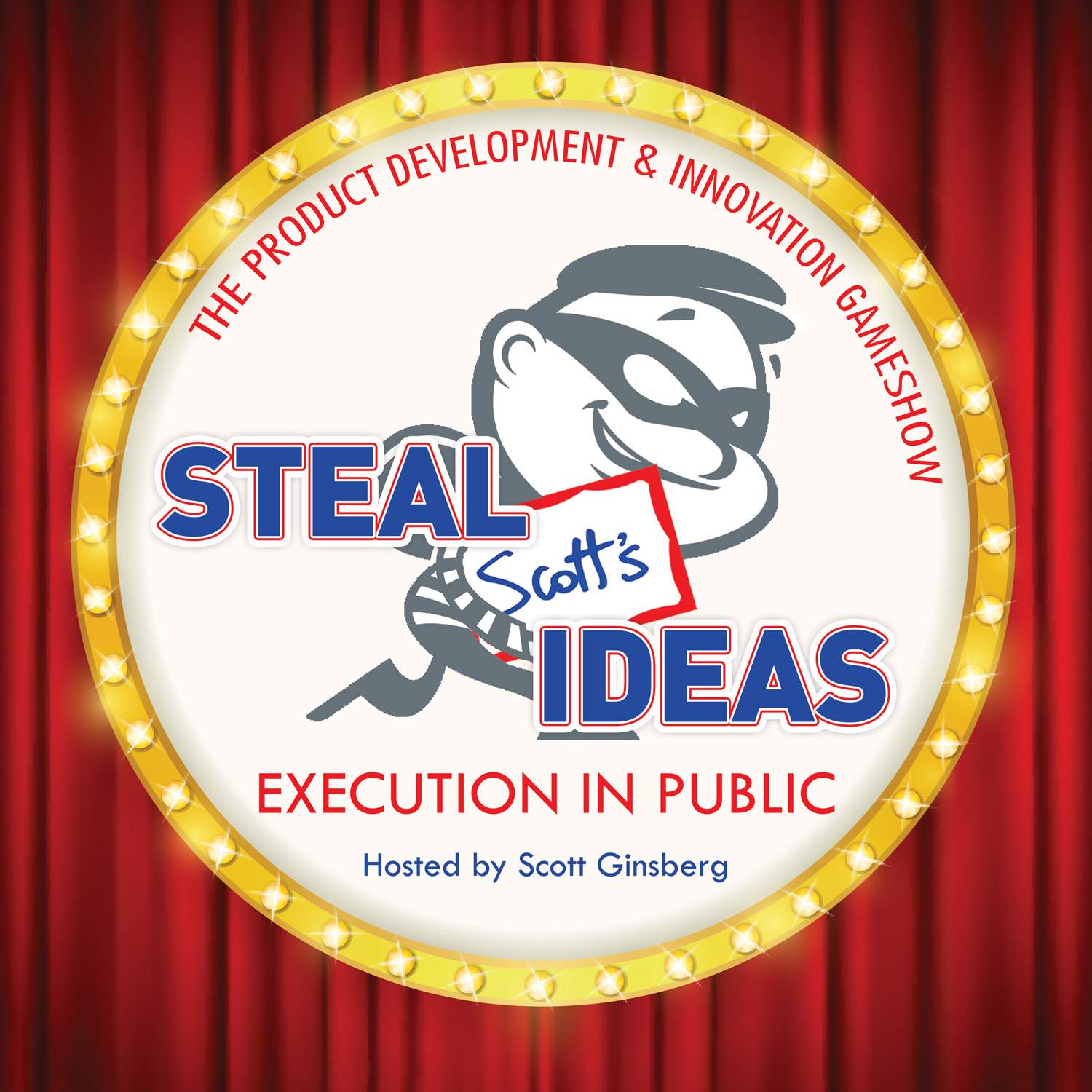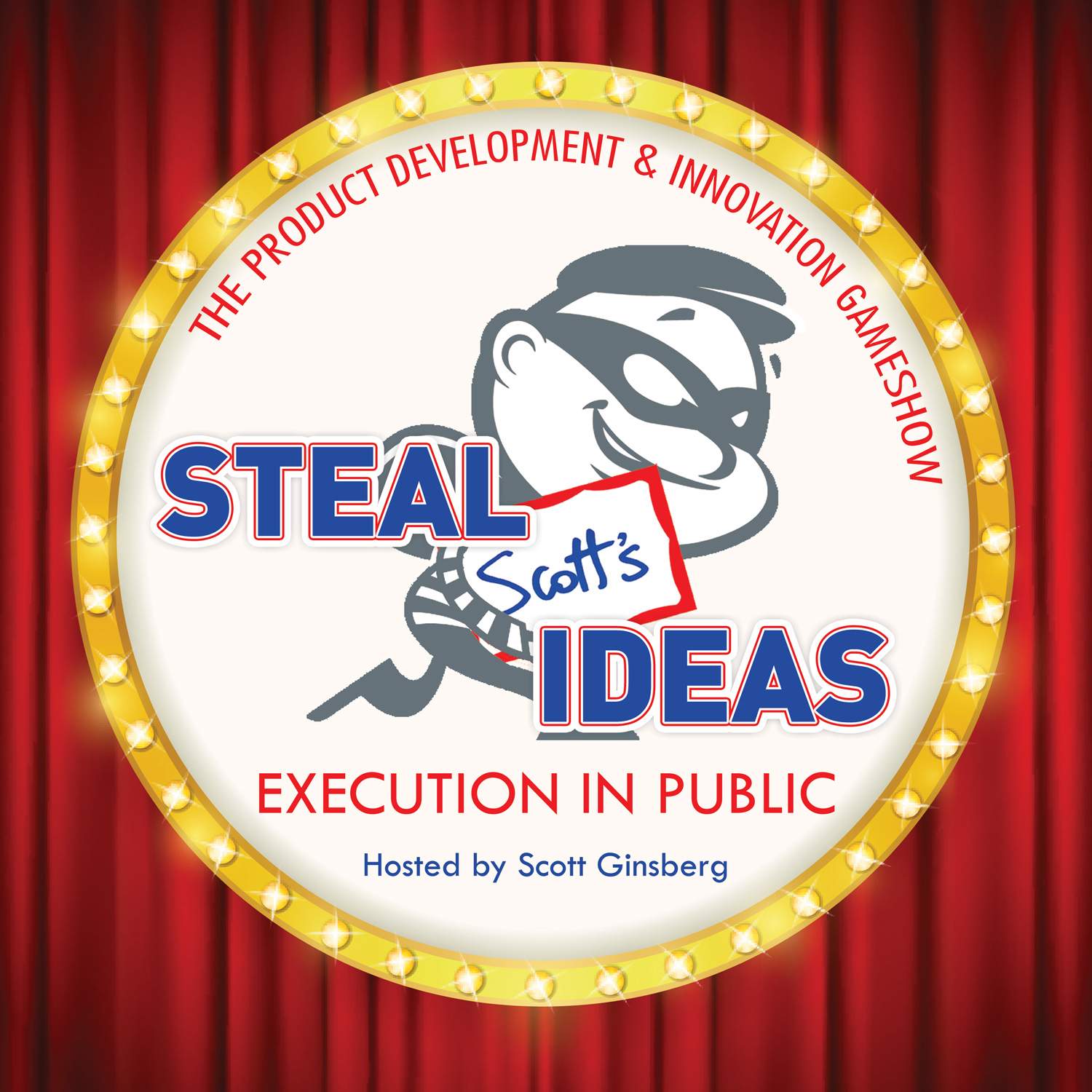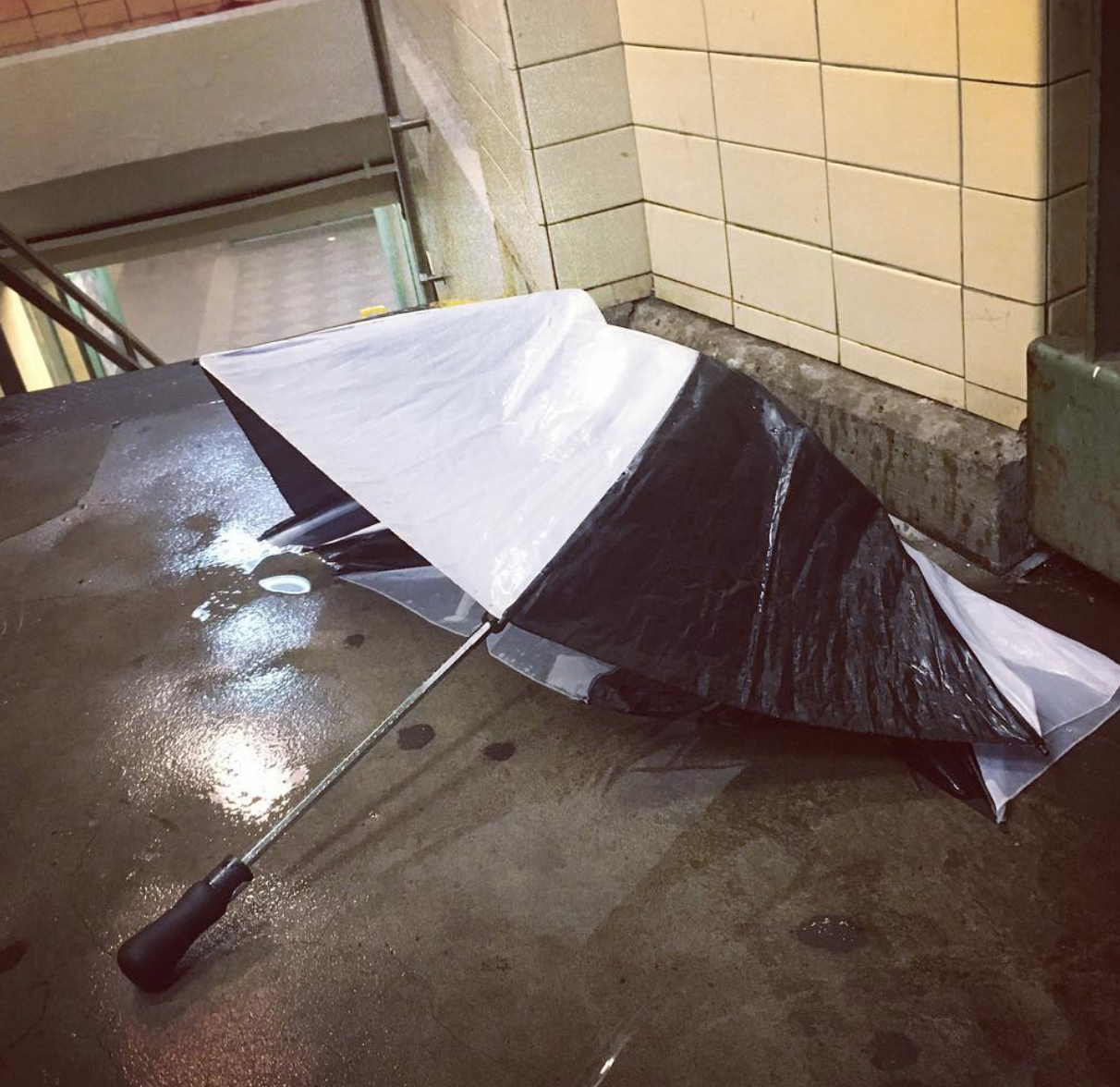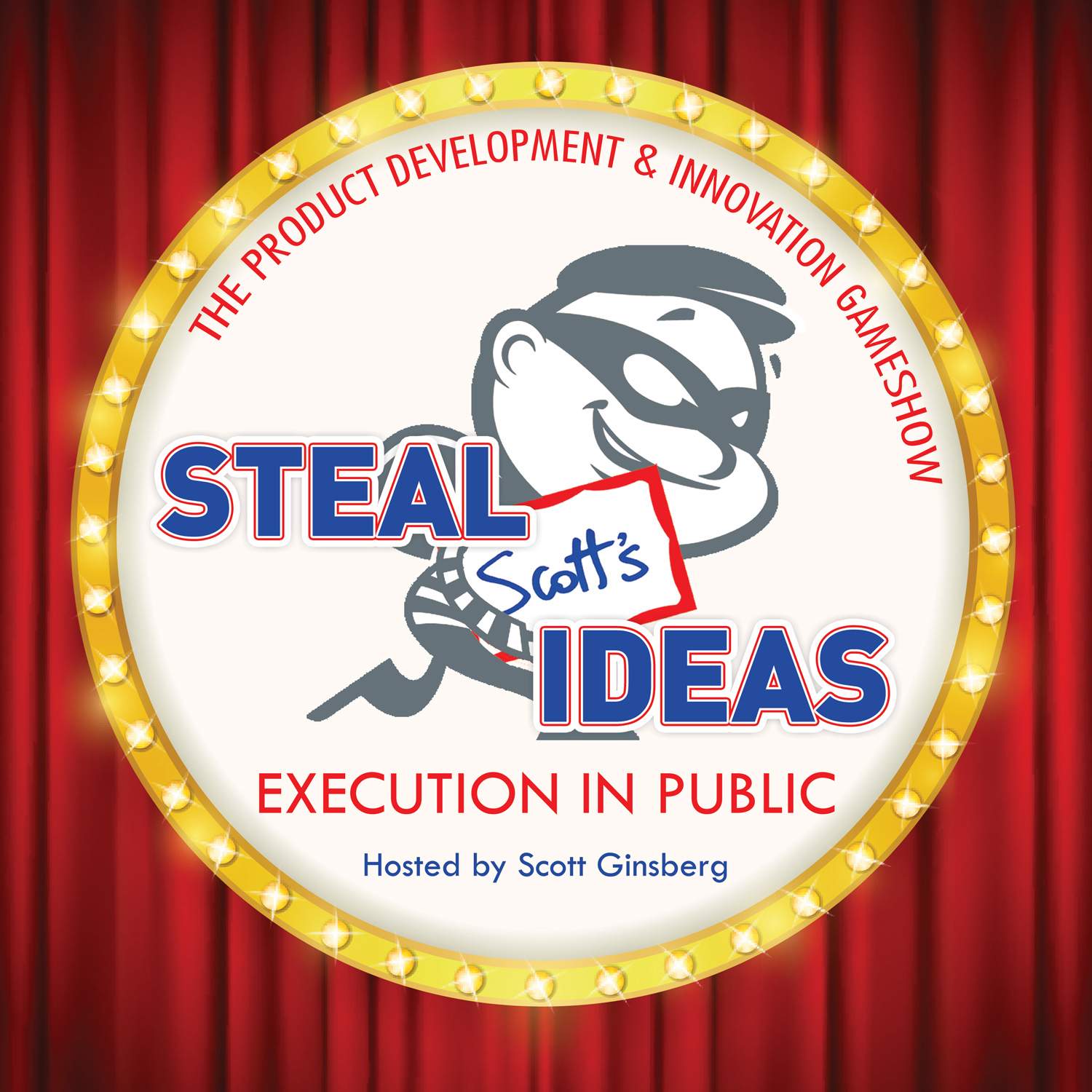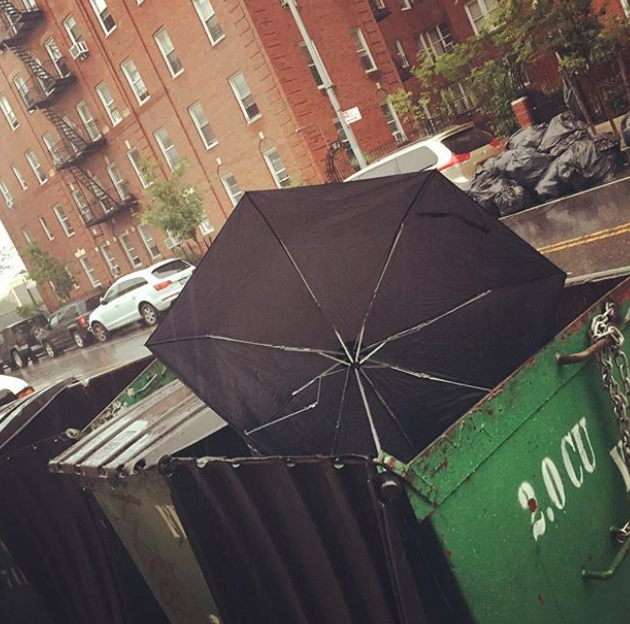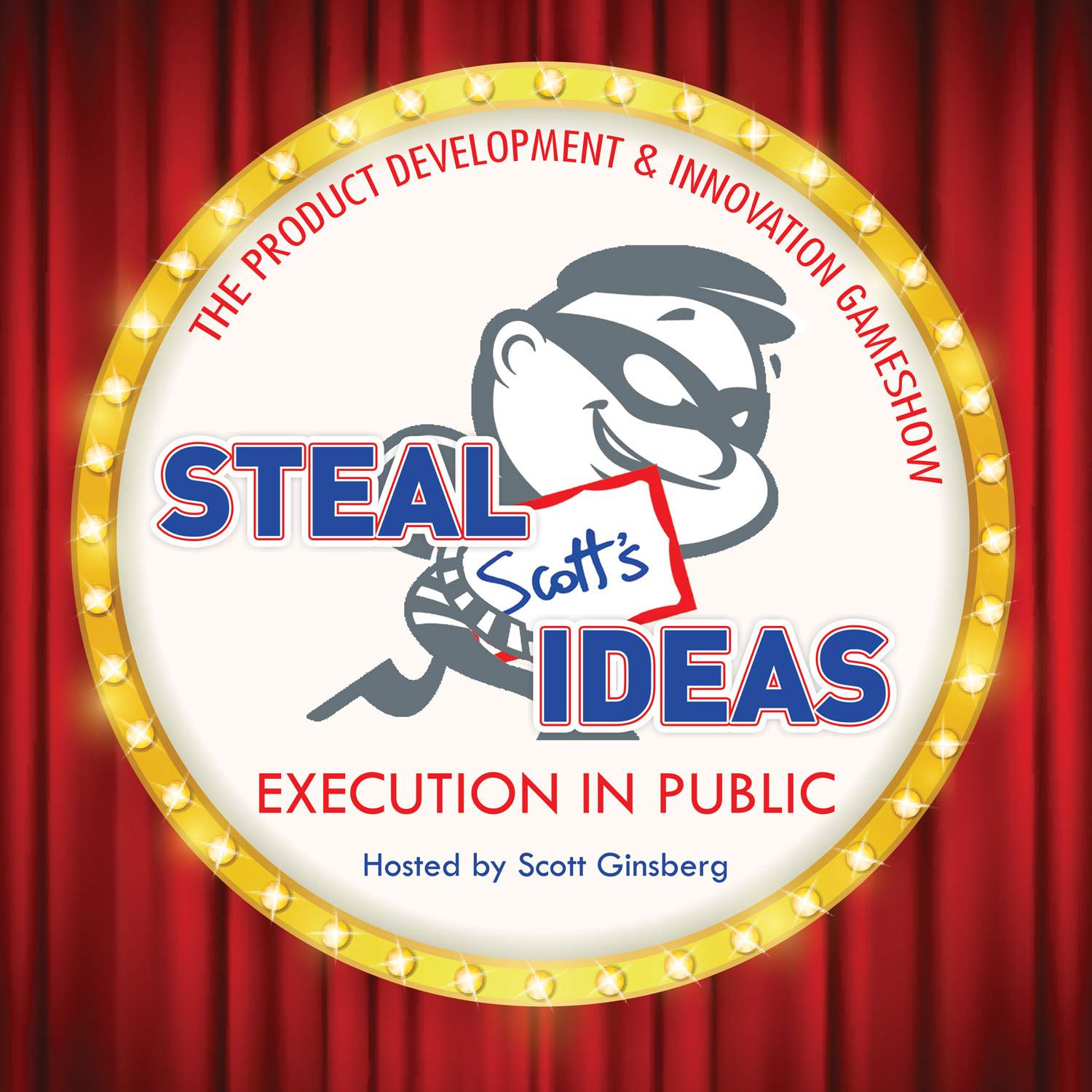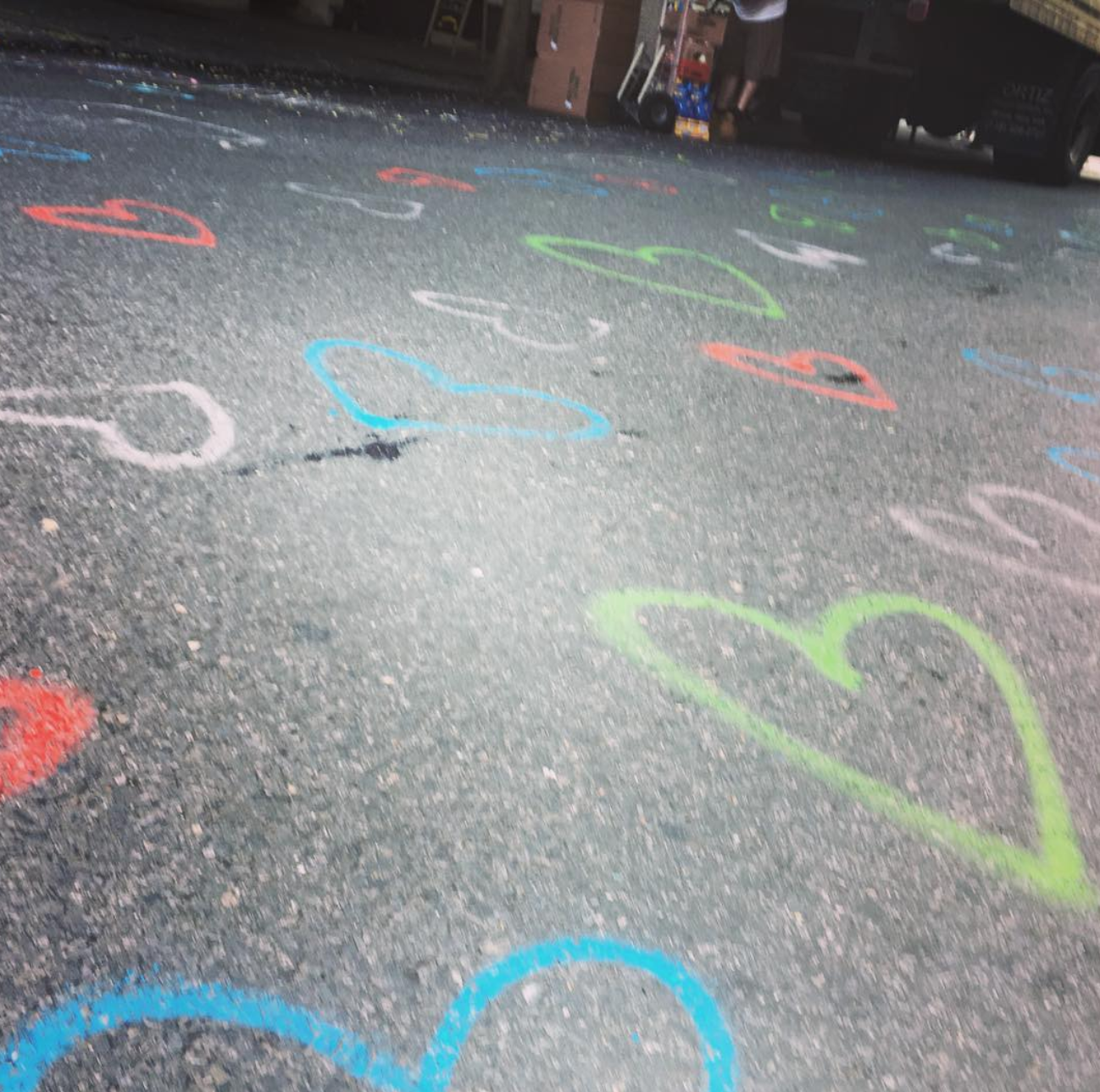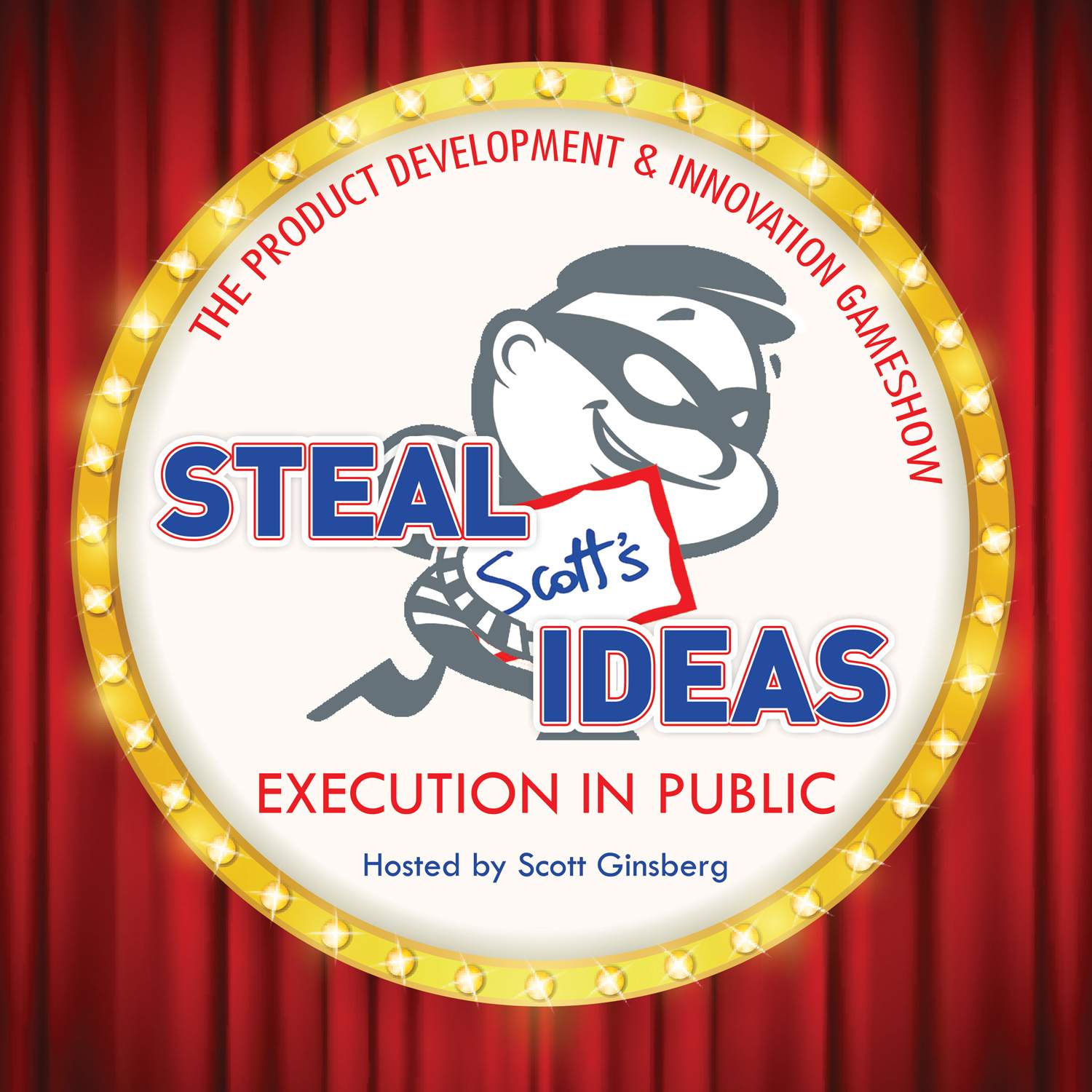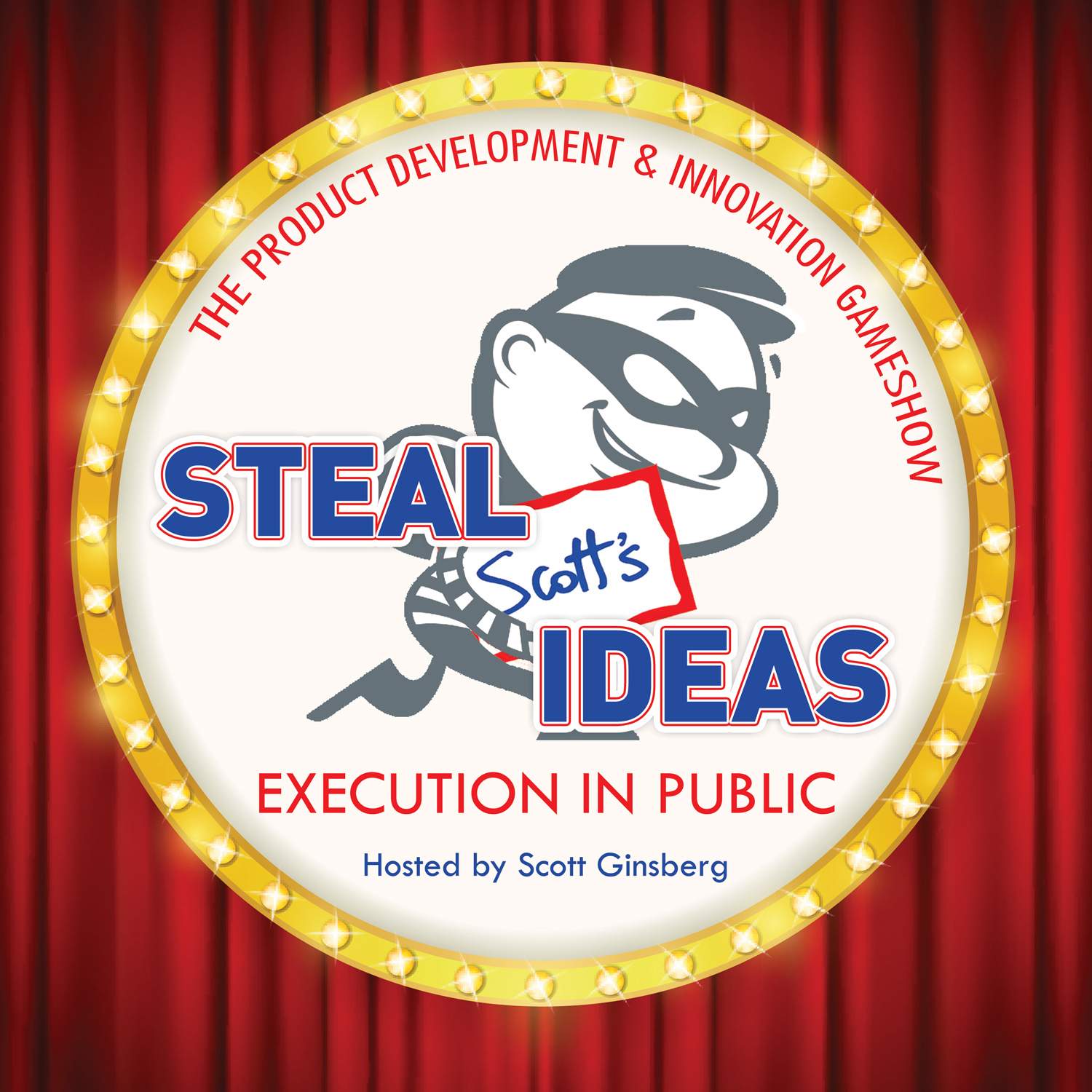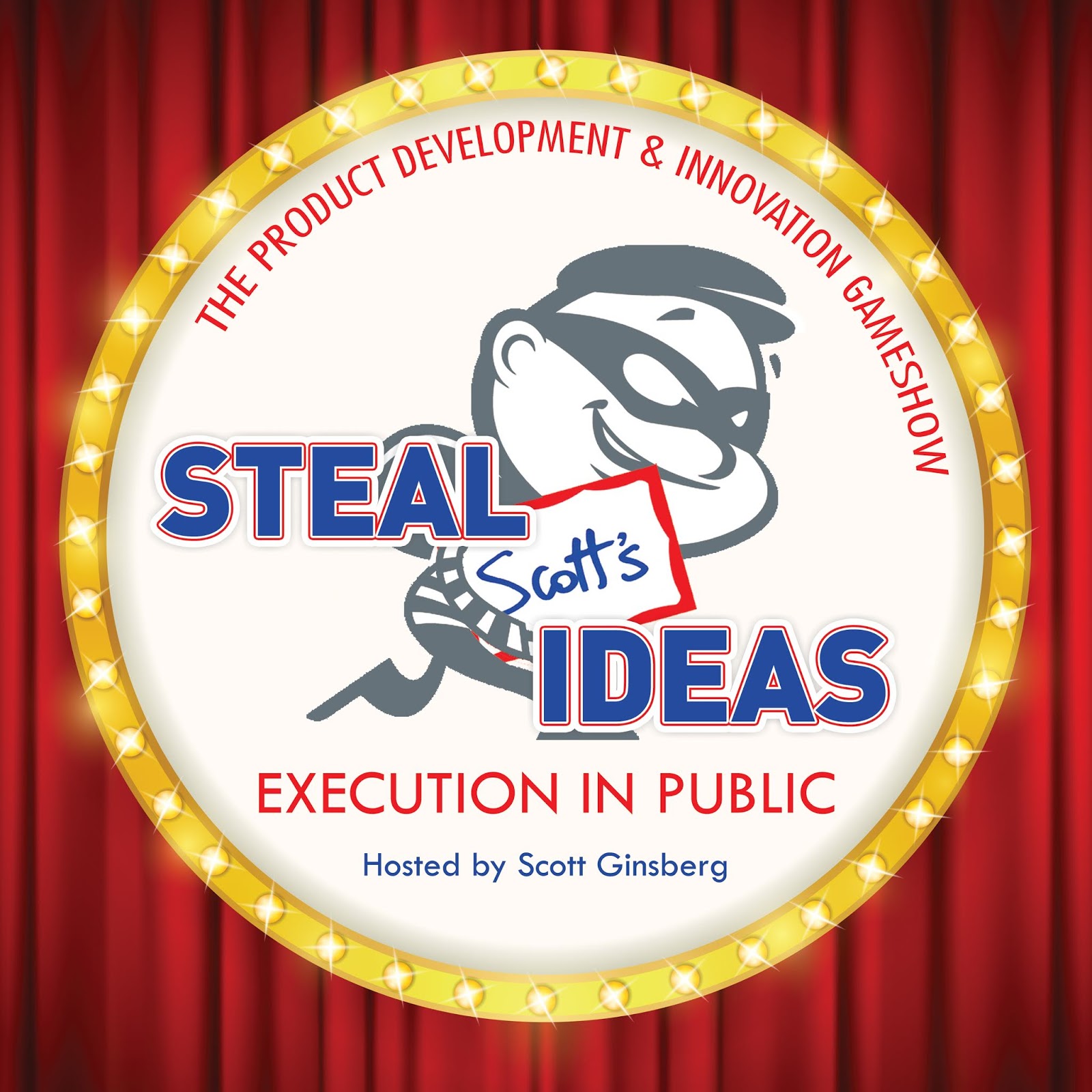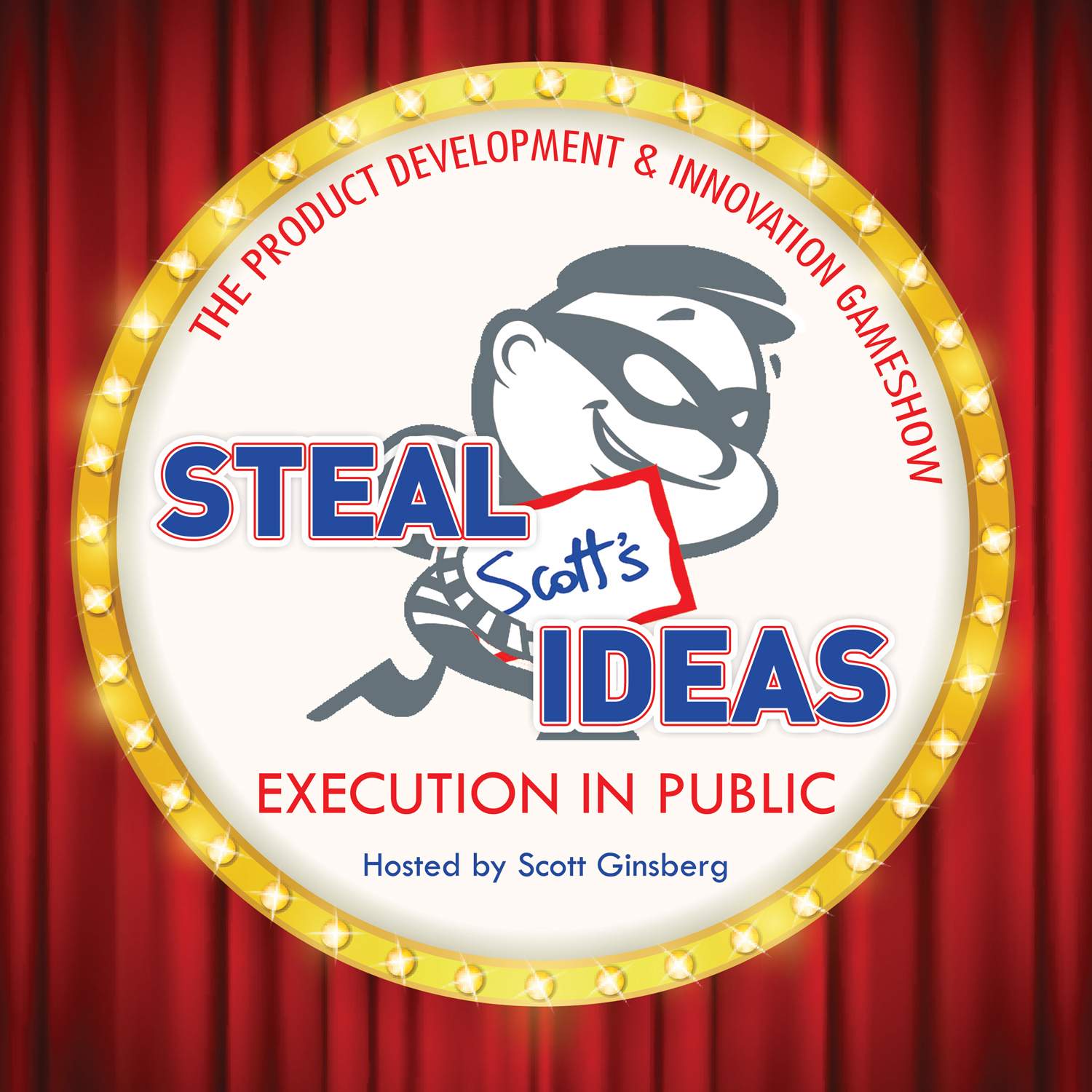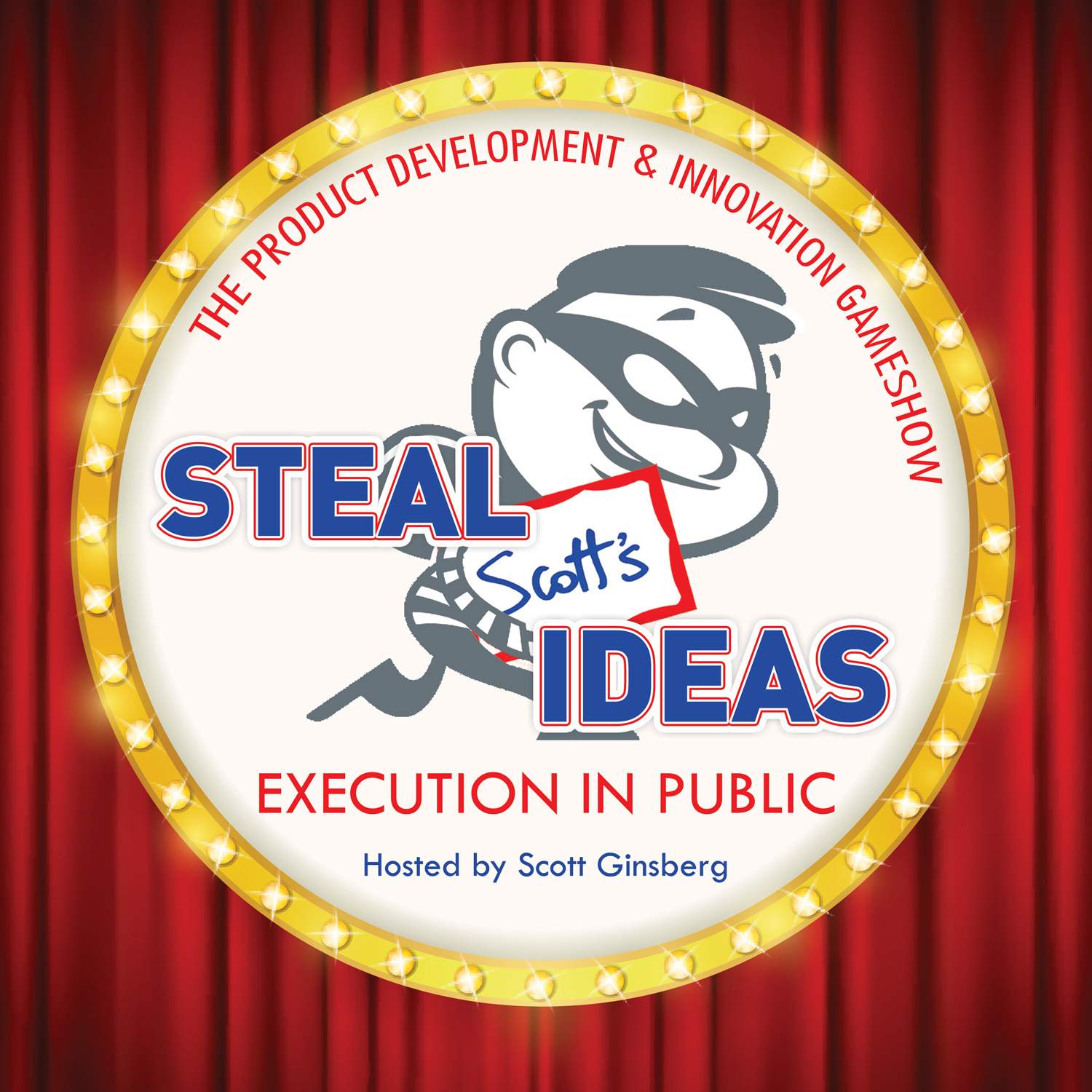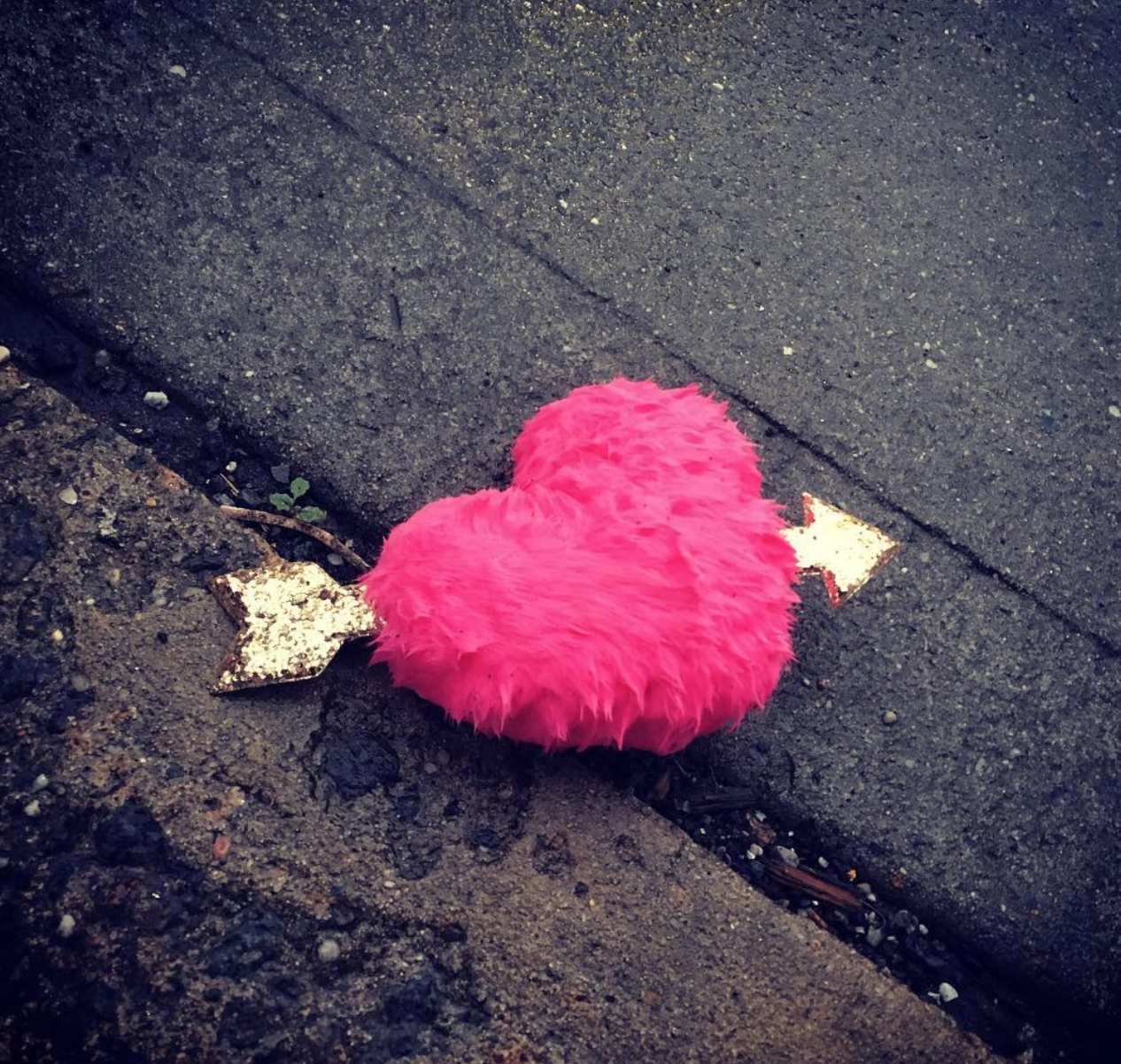
Cameron’s uplifting book of prayers to the great creator tells us that all sense of loneliness is a forgetting.
Forgetting that we are part of life. Forgetting that life is a part of us. Forgetting that we’re never alone in this world unless we want to be.
And until we remember that we do belong and we are loved and we have connection and community, loneliness will continue to visit us and try to take up residence in our psyche. Our emotions will use their power to run us around in circles.
Inside of the rock tumbler known as my head, the chilling vapor of aloneness often settles down unannounced. And sometimes, it’s not because I’m currently alone and disconnected and bereft of community, but because I flash back to various times in my life when I felt unwanted and isolated.
And because those memories were so traumatic, they create a sort of social amnesia in the present moment. They overwhelm my sense of belonging. They cause me to forget.
But as I learned from my therapist, loneliness, not unlike any form of anxiety, often vanishes once noticed and named.
It’s the strangest thing. The moment we give ourselves the freedom to express our emotions, instead of trying to find another way to outwit our feelings, the vapor starts to vanish.
And so, we announce to ourselves:
Oh, that’s interesting, I seem to be experiencing pangs of loneliness right now. Okay then. This feeling isn’t who I am, and it’s not going to last forever.
And that’s precisely when we start to remember.
We start to sense that we belong in this world. And our loneliness begins to leave us.
LET ME ASK YA THIS...
What truth is your current emotional state causing you to forget?
* * * *
Scott Ginsberg
That Guy with the Nametag
Author. Speaker. Strategist. Inventor. Filmmaker. Publisher. Songwriter.
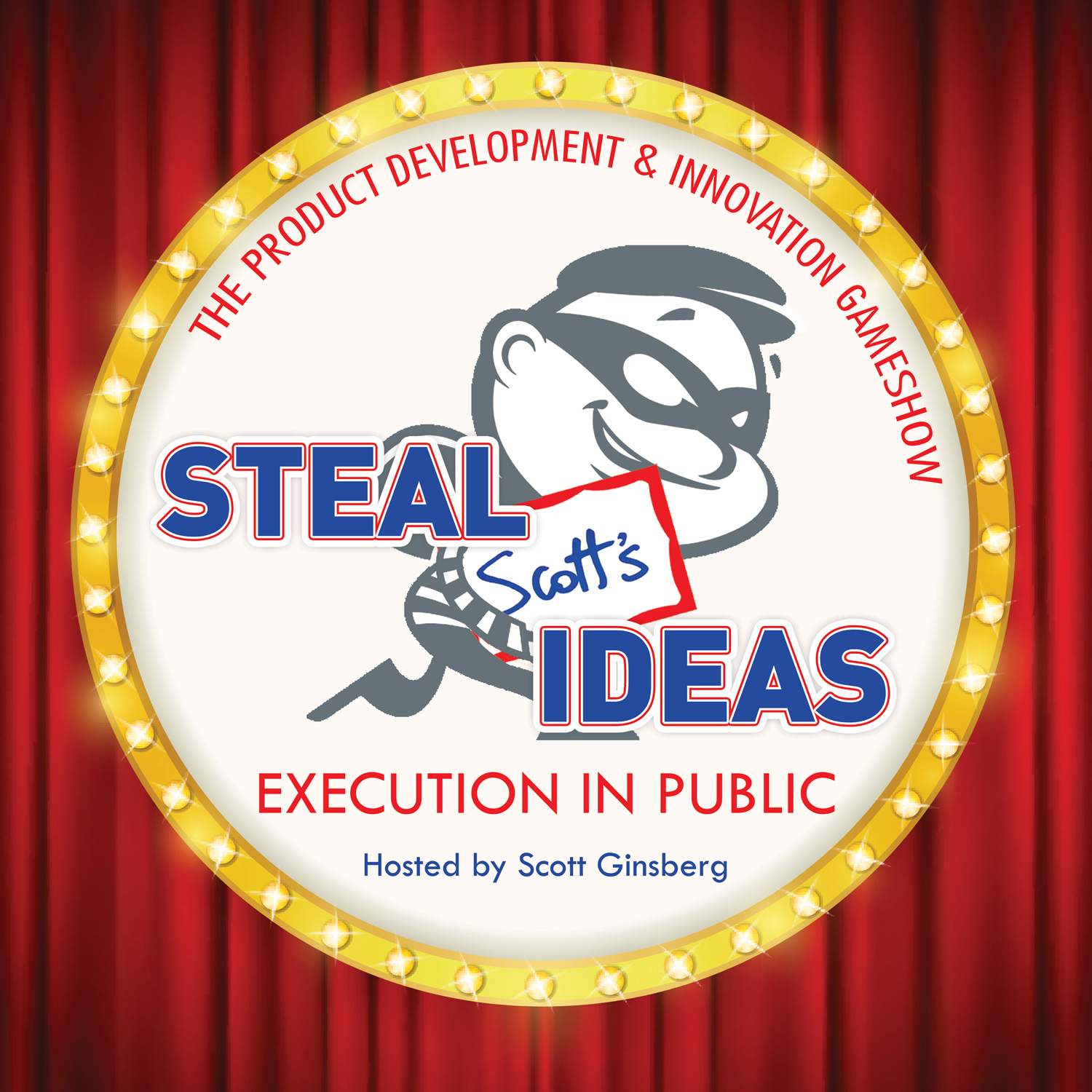
It’s the world’s first, best and only product development and innovation gameshow!
Tune in and subscribe for a little execution in public.
Join our community of innovators, artists and entrepreneurs.x

